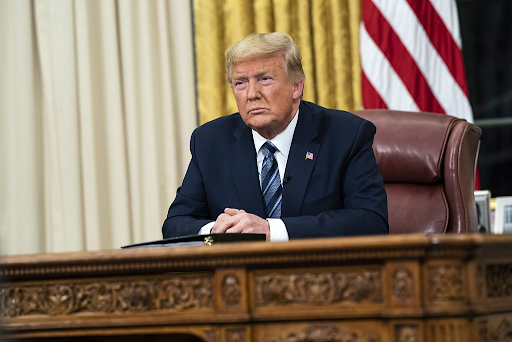In a move seen as a nod to global stability, Donald Trump has rejected any Israeli plan to annex the West Bank. His statement that he “will not allow it” appears to be a direct response to a concerted lobbying campaign by allies who warned that such an action would have severe and destabilizing consequences for the entire Middle East.
This decision allays the fears of key partners like the UK and France, who were concerned that Trump would recognize Israeli settlements as a form of retaliation for their recognition of Palestine. Their intense diplomatic efforts, combined with those of Arab leaders, seem to have successfully influenced the president’s position.
For Israeli Prime Minister Benjamin Netanyahu, who was arriving in the US as the news broke, the situation is politically challenging. He must now manage the disappointment of his far-right coalition partners, who have made annexation a central policy goal, while also respecting the clear boundary set by his American counterpart.
The annexation debate is rooted in the reality of 700,000 Israeli settlers living in the West Bank and East Jerusalem. These settlements are widely considered a violation of international law and the primary impediment to a two-state solution. Israel’s approval of the E1 plan has drawn particularly sharp criticism.
This policy shift is also connected to American efforts to mediate an end to the Gaza war. The US has put forward a 21-point peace proposal to key regional players. Trump expressed hope for a resolution, noting “very good talks” with all sides and focusing on the urgent goals of freeing hostages and achieving a lasting peace.

